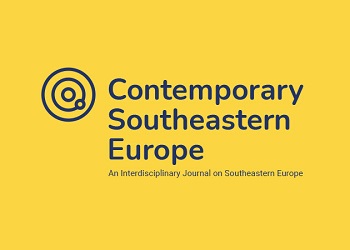Bargaining Chips: Examining the Role of Economic Crisis in Serbian Minority-Majority Relations
Bargaining Chips: Examining the Role of Economic Crisis in Serbian Minority-Majority Relations
Author(s): Laura WiseSubject(s): National Economy, Inter-Ethnic Relations, Ethnic Minorities Studies, Socio-Economic Research
Published by: Universität Graz
Keywords: ethnic;bargaining;minority mobilization;Serbia;
Summary/Abstract: Contemporary ethnic bargaining theory claims that minority ethnopolitical mobilization is best understood through the influence of a third-party actor, whose signals can determine whether a minority will radicalise against or accommodate the position of the state majority. It is a dynamic approach, which Erin Jenne argues goes beyond the limits of explaining minority actions using purely structural features of a group,including economic status. This article questions to what extent, if any, doshifts in the economic status of a minority, host-state and kin state affect the ethnic bargaining game, particularly in times of crisis. It uses a comparative case study of the Albanian and Hungarian minorities in Serbia since 2006, in order to explore whether or not the differences between their mobilization activities can be adequately explained by expanding Jenne’s ethnic bargaining model to include structural economic differences. It concludes that although inclusion of economic status as an additional piece in the ethnic bargaining puzzle does expand the levels of analysis, ultimately it does not address other limitations of using the model to understand minority mobilization.
Journal: Contemporary Southeastern Europe
- Issue Year: 2/2015
- Issue No: 2
- Page Range: 23-42
- Page Count: 20
- Language: English

